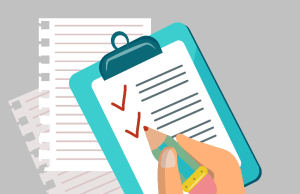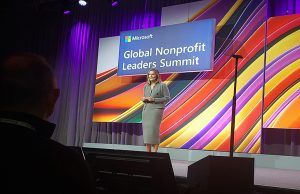The most critical elements of a winning grant proposal are the logic of the argument for support and the thoroughness of the program plan. Still, logic and planning won’t matter if your writing is so garbled reviewers can’t understand what you’re trying to tell them.
“You don’t have to be a literary artist to produce winning grant proposals,” according to Barbara Floersch, director of The Grantsmanship Center in Los Angeles, Calif. “But you must be able to articulate your case in clear, straightforward prose.” Here are a few tips:
- Write in the active rather than the passive voice. For example, don’t say, “The report will be produced and submitted on a quarterly basis.” Instead, say, “The Program Manager will submit quarterly reports.”
- Avoid using more than one, or at the most two, acronyms, and spell those out the first time they are used. It won’t help to create a long list of acronyms and spelled-out names at the outset. By page two reviewers won’t remember what TCCN, VCFP, NAFV, or YSWC stand for — and they shouldn’t have to. Handle long names in a way that’s reader friendly. “Youth Services of Wallingford County” can be shortened to “Youth Services,” if you tell the reader up front.
- Any term or phrase that might be unclear to someone outside your organization’s field or culture is jargon. For the sake of clarity and reviewer sanity, eliminate jargon from the proposal.
- Organize, organize, organize. Limit each section of the proposal to its intended purpose. In the section defining expected program results, for example, don’t let discussion of the program methods seep in. When a section is long or complex, use headings and subheadings to orient the reader to the flow of information.
But remember, a heading or subheading cannot stand alone. Inserting a heading or subheading implies that another will follow. A stand-alone heading implies you’re dividing the text into parts — causing the reader to look in vain for that second heading.
“Developing exceptional grant proposals involves much more than writing,” said Floersch. “Clear communication is essential. Make it easy on the reader. Aim for full reader comprehension in just one pass — no second passes required.”












